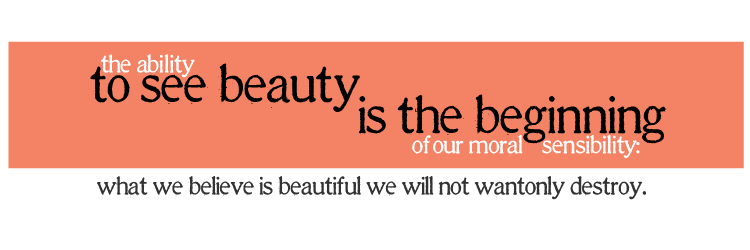about
about
While most people consider Junket to be a heads-exploding-with-creativity vintage/thrift shop, we’ve got a bigger mission: to identify scalable solutions to a range of social and environmental challenges as relate to human consumption and our collective perception of waste (i.e. what is waste, who’s responsible for this stuff…and if I’m responsible, then what?), and to get these ideas moving. With six years now under our belts, these ideas are also expanding in complexity and scale.

In the interest of increasing consumer awareness of the importance of reuse as a solution to environmental and social constraints (air quality, water quality, climate mitigation, human rights), we are actively engaged in studying the environmental impact of our customers’ choices at Junket: anything that goes back into social circulation as a result of resale at Junket gets weighed and classified by material type — and we use that data to understand how individual consumers – and small groups of people – are offsetting factors like carbon dioxide emissions and landfill volume through reuse purchasing choices.
We’ve used events to train consumer sights on legitimately doing good through stuff hanging out in our closets and attics. We’re using the steady slough of cast-off goods that show up at the shop to understand what is and is not helpful consumer conduct (awareness is key!). And, we’re working to solve tricky problems involving replication and scale in an industry where access to ‘raw’ materials is brutally inconsistent (and where those resources are regularly treated like garbage rather than valued for their potential). What we’ve learned so far (at least when it comes to managing the tiny, common bits): getting upstream is key. In an industry where much of our supply chain exists in attics and basements, so is consumer education.
At the end of the day, a shop whose target market is already trying to avoid further adding to global consumption (Why? Why did we choose to cater to the treehuggers?!) 😉 isn’t likely to be successfully aligned with its mission – or its base – with BUYBUYBUY! hype and messaging, so we have instead focused on providing consistency of access and assortment while deliberately encouraging the development of a sustainable shopping district to drive increased ‘recreational shopping’ traffic to the area, while also improving walkability/bikeability/resource access for the local community (the Minnehaha Mile is now home to at least a dozen businesses that include reuse goods to at least a significant degree in their respective product assortments.). Furthermore, we’ve expanded our own operations to include a proprietary online store, and we’re actively exploring ways to introduce reuse product into the existing mass retail supply chain through the identification of replication-friendly, highly functional product lines.
When Julie started the shop, she made the conscious decision to operate as a for-profit entity with a socially and environmentally ethical platform. Why not go non-profit and access grant money? Simple: she believes that all businesses have an ethical obligation to take responsibility for their social and environmental impact in lockstep with profitability measures… and she figured that if a tiny company could set an ethical standard and prove it was possible to be successful while caring about the little things (and the big issues), then we’d be able to head off the big box complaints when they started whining about how it couldn’t be done.
In the time since Junket opened, urgency around matters of climate disruption has increased exponentially, and an increasing number of those big box shops are seeing the end of the runway (at least with respect to business as usual). In this new environment, it’s become obvious that we have the opportunity to support, assist, and engage larger entities to help them make traction on their own sustainability goals rather than railing against them: they’ve got access to far more customers, and if we’re to change behaviors, it starts by meeting those customers where they’re shopping (and, in so doing, brings us back to our mission: scalable solutions to environmental challenges arising from human consumption and perceptions of waste).
Those who pay attention for long enough to see what’s happening at Junket quickly realize that this is not a typical small retail shop. To the contrary: we’re changing the world, one paper clip at a time, and we invite you to join us in making it happen.

